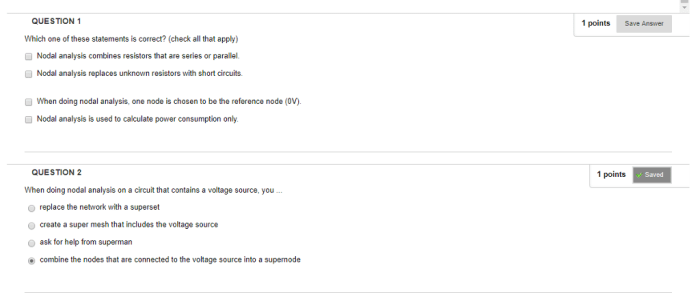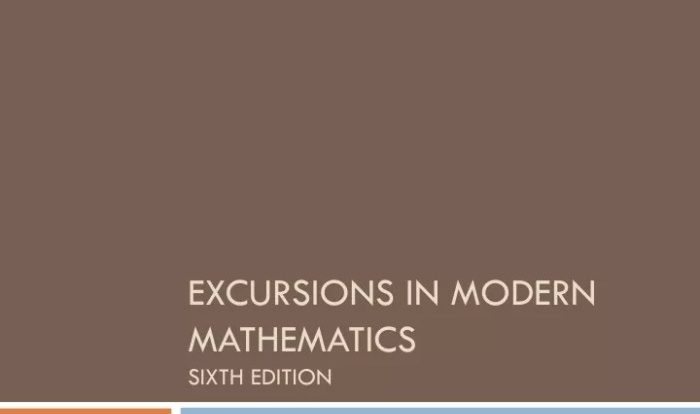Select all that apply. which equations are correct – In the realm of problem-solving, equations serve as indispensable tools. However, selecting the correct equations can be a daunting task. This comprehensive guide will delve into the nuances of equation selection, empowering readers to navigate this challenge with confidence.
This guide will explore the diverse types of equations, provide a systematic approach to selecting the appropriate ones, and emphasize the significance of applying them correctly. Moreover, it will shed light on techniques for verifying solutions, ensuring the accuracy of the problem-solving process.
Equations: Select All That Apply. Which Equations Are Correct

Equations are mathematical statements that express the equality of two expressions. They can be used to solve problems, make predictions, and test hypotheses.
There are many different types of equations, including linear equations, quadratic equations, and differential equations. Each type of equation has its own set of rules for solving.
Selecting Equations
When solving a problem, it is important to select the correct equation to use. The type of equation that you need will depend on the information that you have available and the type of problem that you are trying to solve.
For example, if you know the slope and y-intercept of a line, you can use the point-slope form of a linear equation to find the equation of the line.
Applying Equations
Once you have selected the correct equation, you can apply it to solve the problem. To do this, you will need to substitute the known values into the equation and then solve for the unknown variable.
For example, if you know the slope and y-intercept of a line, you can substitute these values into the point-slope form of a linear equation to find the equation of the line.
Verifying Solutions, Select all that apply. which equations are correct
Once you have solved an equation, it is important to verify your solution. To do this, you can substitute your solution back into the original equation and check if it makes the equation true.
For example, if you have solved an equation for the variable x, you can substitute your solution back into the original equation to see if it makes the equation true.
Frequently Asked Questions
What is the primary purpose of equations in problem-solving?
Equations represent mathematical relationships that can be used to model real-world situations and solve problems.
How can I identify the correct equations to use for a particular problem?
Consider the variables involved, the type of relationship between them, and the desired outcome.
Why is it important to verify the solutions to equations?
Verifying solutions ensures the accuracy of the problem-solving process and prevents erroneous conclusions.




